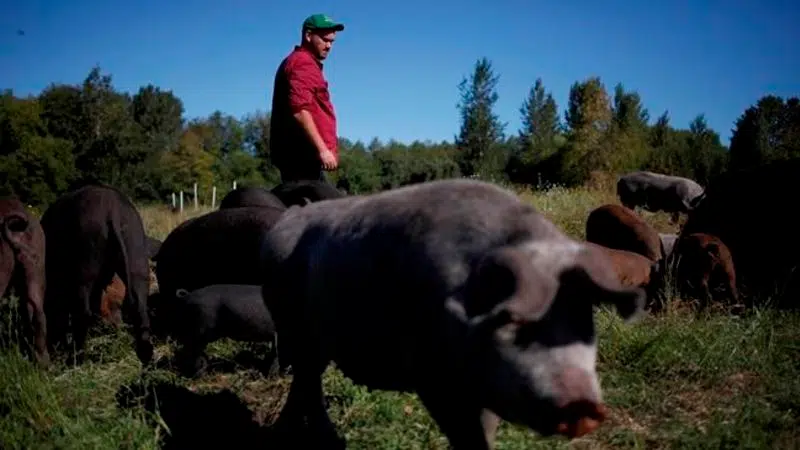
Meat-subscription-box companies take over marketing chores for farmers
VANCOUVER — While working door-to-door pitching deals for a year’s worth of frozen meat, Marc Lafleur realized consumers want quality, local meat, but can’t afford the freezer space or the cash to do it.
He co-founded TruLocal, one of many meat-subscription-box companies to start delivering in Canada in recent years to feed consumer cravings for local, ethically raised meat without logistical hassles. They also solve problems for the farmers who no longer have to worry about finding customers and stand to make more money.
“We pretty much started off … in a garage. We had a couple of chest freezers,” said Lafleur, CEO of Kitchener, Ont.-based TruLocal, who co-founded the company in 2016 with an initial offering of four products and only 30 customers.
The company now boasts several employees, ships to three provinces and offers dozens of different cuts of meat, including beef liver, turkey thighs and buffalo sausage.


